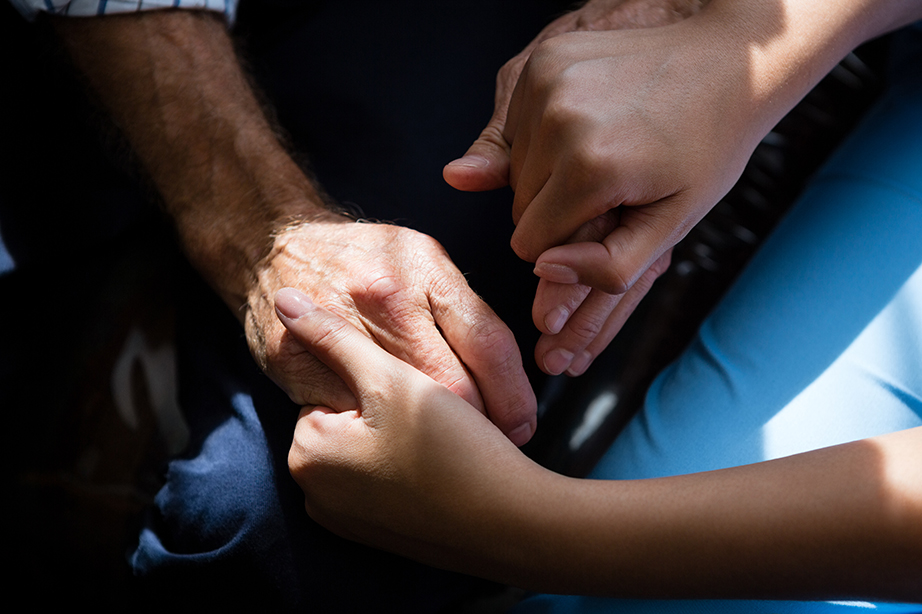 Published by Moneywise.com
Published by Moneywise.com
Written by Lou Carlozo
“Two facts of life have become impossible to ignore: The U.S. population is aging and the cost to take care of our seniors is surging.”
“By 2030, all 73 million baby boomers will be 65 and older. The number of Americans ages 65 and older is projected to increase from 58 million in 2022 to 82 million by 2050, according to the Population Reference Bureau.
“Meanwhile, long-term care costs aren’t about to stand still and a patchwork of solutions are to be relied on as Americans age and cannot live independently.
“A recent Forbes story shows how forgotten “scarecrow” laws could bankrupt the families of elderly receiving care.
A ‘sleeper law’ awakens
“According to Forbes reporting, over half the states currently have laws holding adult children financially responsible for the care of their senior parents. This may include nursing home, medical and other bills. These are old laws that are rarely enforced but are retained as a warning to ensure good behavior.
“However, a 2012 and 2019 case in Pennsylvania showed that these “scarecrow” laws could threaten the financial futures of middle-aged children. According to ABC News, in 2012, John Pittas was forced to pay for his mother’s nearly $93,000 nursing home stay after her Medicaid application was not approved in time.
“This has led Democrat state Rep. Kristine Howard to sponsor a bill called Stop Bankrupting Pennsylvanians Over Family Medical Bills Act.
“Pennsylvania’s outlier status in this regard is shameful,” Howard wrote in the bill memorandum in March. “Filial responsibility laws first emerged in the 17th century and became common in the colonies. While they have generally fallen out of favor elsewhere, Pennsylvania stands as the only state to have enforced its filial responsibility law in the past 25 years … Given that Pennsylvania nursing homes average a cost of nearly $400 per day, this can quickly lead to bankruptcies.”
“It can be a rude awakening for many people,” Howard told Forbes.”
Click here to continue reading.













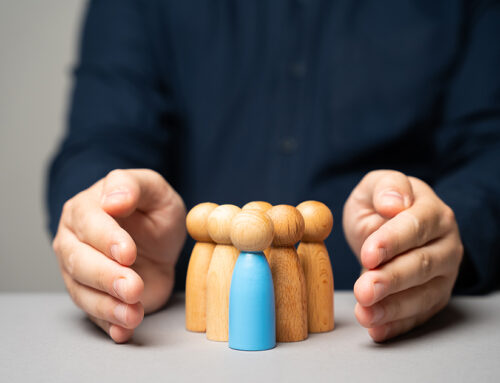









 Megan Jones joined the ILG Financial team in 2020 as marketing director. Megan and her husband live in Fredericksburg, VA with their German Short Haired Pointer, Gus. Megan is a graduate of Longwood University and holds a degree in communications. Megan is the oldest of Dave Lopez’s three children and not only enjoys working alongside her father, but also with her cousin, Chase, who joined the ILG Financial team in 2020 as an advisor. Megan is also a fully licensed Life, Health, and Annuity agent. When not at work, Megan enjoys sitting on the back porch with family and friends enjoying food and music.
Megan Jones joined the ILG Financial team in 2020 as marketing director. Megan and her husband live in Fredericksburg, VA with their German Short Haired Pointer, Gus. Megan is a graduate of Longwood University and holds a degree in communications. Megan is the oldest of Dave Lopez’s three children and not only enjoys working alongside her father, but also with her cousin, Chase, who joined the ILG Financial team in 2020 as an advisor. Megan is also a fully licensed Life, Health, and Annuity agent. When not at work, Megan enjoys sitting on the back porch with family and friends enjoying food and music. Chase Lopez joined the ILG Financial team in 2020 as an advisor. Chase is a 2016 James Madison University graduate with a degree in management. Chase has been trained under the tutelage of Dave Lopez, who is not only the founder and managing member of ILG Financial, but also is Chase’s uncle and godfather. He also enjoys working alongside his cousin, Megan, who is Dave’s daughter.
Chase Lopez joined the ILG Financial team in 2020 as an advisor. Chase is a 2016 James Madison University graduate with a degree in management. Chase has been trained under the tutelage of Dave Lopez, who is not only the founder and managing member of ILG Financial, but also is Chase’s uncle and godfather. He also enjoys working alongside his cousin, Megan, who is Dave’s daughter.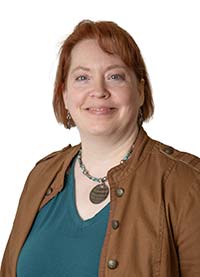 Amy Anderson joined the ILG Financial team in 2023 as the client relations coordinator. Her responsibilities include scheduling of appointments, annual check-up notifications, and annuity and required minimum distribution assistance. She is a graduate of Harding University with a degree in Computer Information Systems. Amy and her husband have two children and she enjoys reading, crocheting, music and spending time with her family.
Amy Anderson joined the ILG Financial team in 2023 as the client relations coordinator. Her responsibilities include scheduling of appointments, annual check-up notifications, and annuity and required minimum distribution assistance. She is a graduate of Harding University with a degree in Computer Information Systems. Amy and her husband have two children and she enjoys reading, crocheting, music and spending time with her family.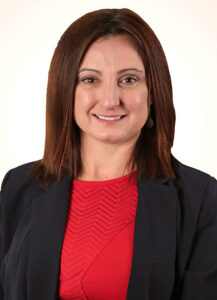 Jessica Carson joined the ILG Financial team in 2018 as an agent. Jessica and her husband have four children, two dogs, 3 barn cats, 5 chickens, and three parakeets. She indeed loves her children and pets! When not at work, Jessica enjoys playing the piano and cello as well as traveling and spending time outside with her family, hiking, fishing, and boating.
Jessica Carson joined the ILG Financial team in 2018 as an agent. Jessica and her husband have four children, two dogs, 3 barn cats, 5 chickens, and three parakeets. She indeed loves her children and pets! When not at work, Jessica enjoys playing the piano and cello as well as traveling and spending time outside with her family, hiking, fishing, and boating.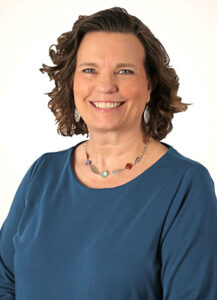 Terri Center joined the ILG Financial team in 2019 as client services manager. She handles client records, application processing, and gathering information to provide a professional and friendly experience with all of our clients. Terri is a graduate of Oakland University. She is married and has two children. She enjoys hiking, family time, and puzzle challenging video games. She also likes to share her creativity in her canvas paintings and sewing projects.
Terri Center joined the ILG Financial team in 2019 as client services manager. She handles client records, application processing, and gathering information to provide a professional and friendly experience with all of our clients. Terri is a graduate of Oakland University. She is married and has two children. She enjoys hiking, family time, and puzzle challenging video games. She also likes to share her creativity in her canvas paintings and sewing projects.